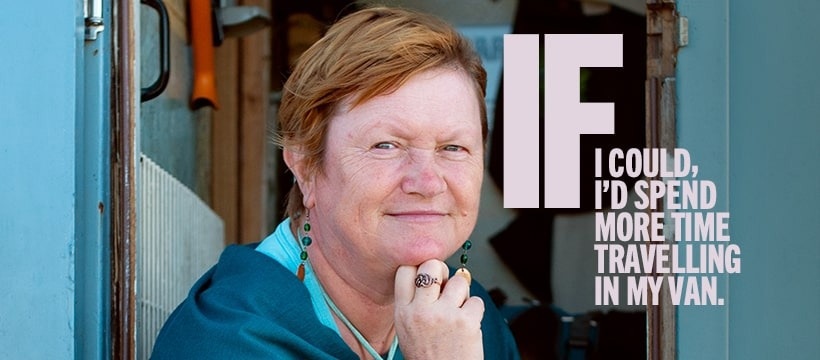Researchers are trialing a new type of targeted radiotherapy to treat secondary breast cancer tumors in the brain, thanks to new funding from Breast Cancer Now.

Image Credit: Breast Cancer Now
Secondary (or metastatic) breast cancer is when breast cancer spreads to other parts of the body. While it’s incurable, the disease can be treated, but treatments are limited when the cancer has spread to the brain.
The most common treatment is whole-brain radiotherapy, which can cause serious side effects such as hair loss, nausea, vomiting, and fatigue, because healthy brain tissue receives the same dose of radiotherapy as the cancer.
Breast Cancer Now has awarded £173,414 to Dr Matt Williams and his team at Imperial College London, who will investigate whether a type of targeted radiotherapy, called DE-iPTV VMAT, could be a more effective treatment for secondary breast cancer patients.
This type of radiotherapy targets secondary breast cancer tumors in the brain while minimizing damage to healthy tissues, which should cause fewer side effects for patients than whole-brain radiotherapy.
Everyone taking part in the clinical trial will receive this new type of radiotherapy so the researchers can assess its impact and how it affects patients' quality of life.
The team will also collect and analyze blood samples to see if it’s possible to tell who might benefit the most from this treatment.
In addition, Dr Williams will be using national cancer data to develop a fuller picture of people whose breast cancer has spread to the brain, analyzing patients’ survival rates and use of health care services.
Currently, there is no official record of the number of people living with secondary breast cancer or of their experience with the disease. Developing a broader understanding of these patients would help scientists develop kinder, cost-effective treatments and improve women’s quality of life.
The team at Imperial hope that using this data and the results from the initial study will help them plan a larger clinical trial to test the benefits of targeted radiotherapy treatment more thoroughly.
Dr Matt Williams, Consultant Clinical Oncologist at Imperial College Healthcare NHS Trust said: “We’ve developed a way to deliver radiotherapy that increases the dose that the tumors in the brain receive, while reducing the dose to the rest of the brain.
"This targeted approach should be more effective in treating people with secondary breast cancer in the brain than whole-brain radiotherapy and have fewer side effects. But we need to see if it’s practical and works for patients."
Over 1,000 people with breast cancer receive radiotherapy for tumors in the brain each year in the UK. Most of them could benefit from a targeted radiotherapy that reduces the radiation to healthy brain tissue, which could improve the quality of life for people affected by the disease. With an estimated 61,000 people living with incurable secondary breast cancer in the UK, we hope our research could lead to more treatment options that give people more time to live their lives to the fullest."
Dr Simon Vincent, Director of Research, Support and Influencing, Breast Cancer Now
Scott Henniker from Birchington in Kent lost his wife, Hayley, to secondary breast cancer in 2020. Hayley was diagnosed with HER2-positive breast cancer in 2014 and despite responding well to treatment, was given the devastating news that the breast cancer had spread to her brain in 2018.
Scott says: “Hayley had an operation to remove the tumor in her brain and recovered well. She was always so positive, and you would not have known she was unwell. However, the cancer came back and for a time was kept under control by radiotherapy, but Hayley started to decline significantly from March 2020, and she sadly passed away in the August with our two kids and I beside her.”
Scott is passionate about supporting research to find more targeted treatments to treat secondary breast cancer in the brain.
Scott says: “Hayley received localized and whole brain radiotherapy and experienced all kinds of challenging side effects. We watched her gradually become a completely different person to the one we knew and loved which was heartbreaking for our family. I support any research that is looking for more targeted and effective treatments for breast cancer that has spread to the brain, so that less people lose loved ones to this dreadful disease.”
Breast Cancer Now is the research and support charity here for anyone affected by breast cancer. Call their free helpline on 0808 800 6000 to speak to their expert nurses or find out more and donate at breastcancernow.org